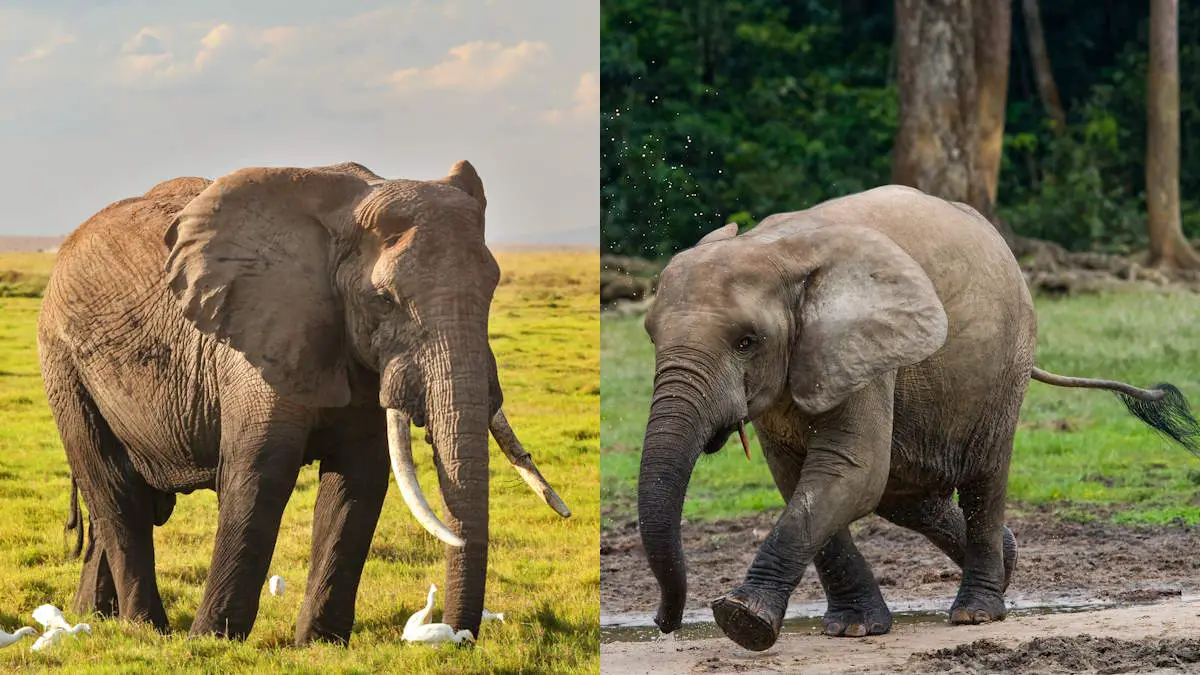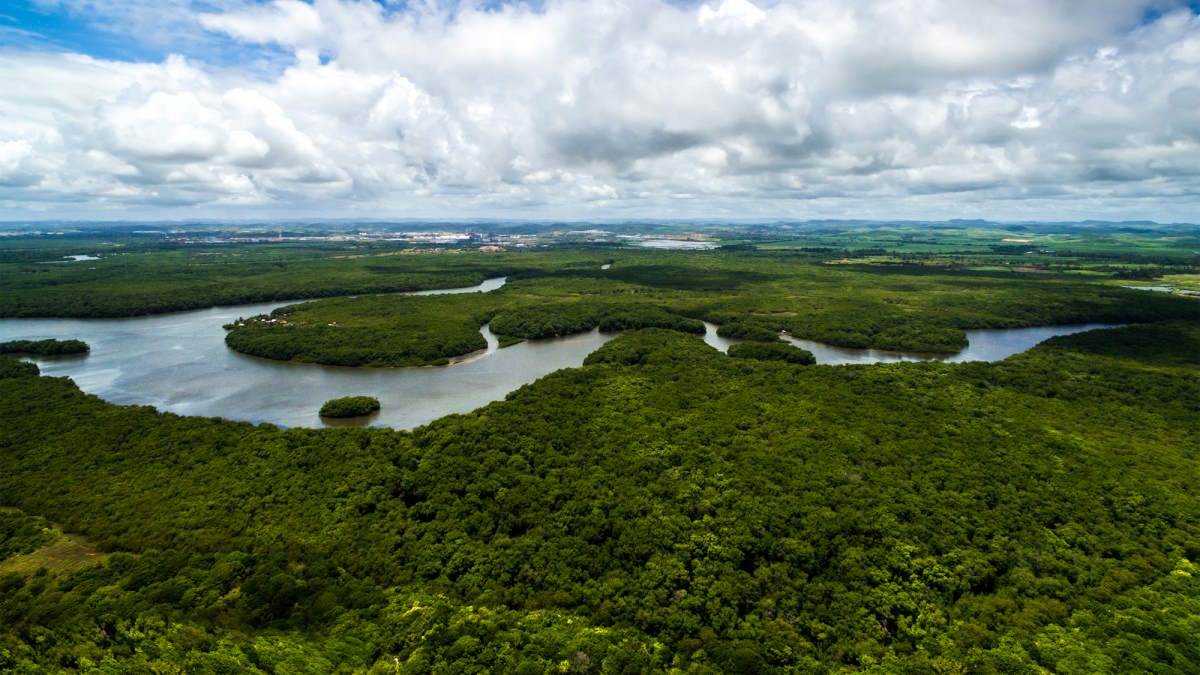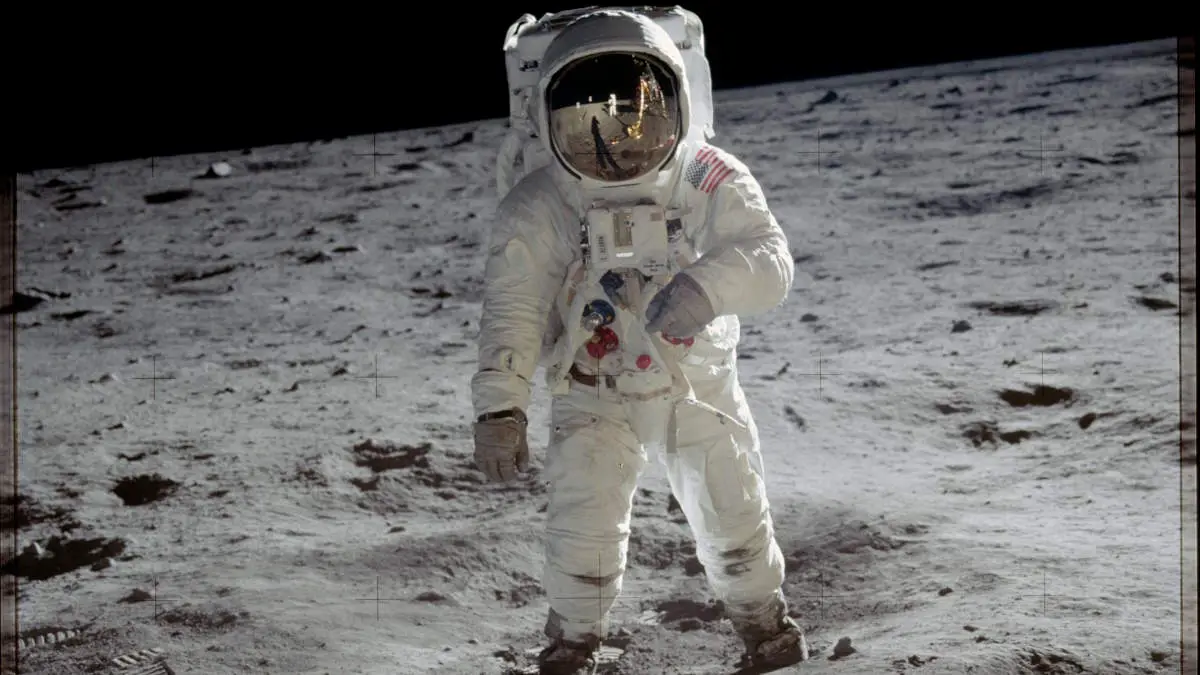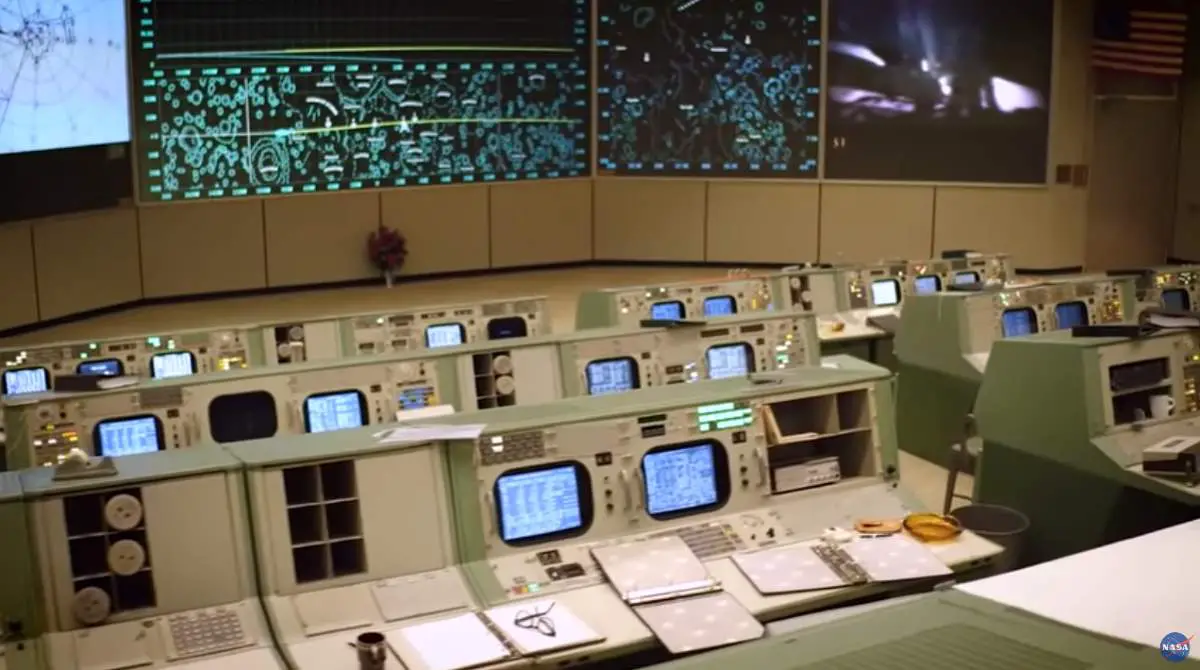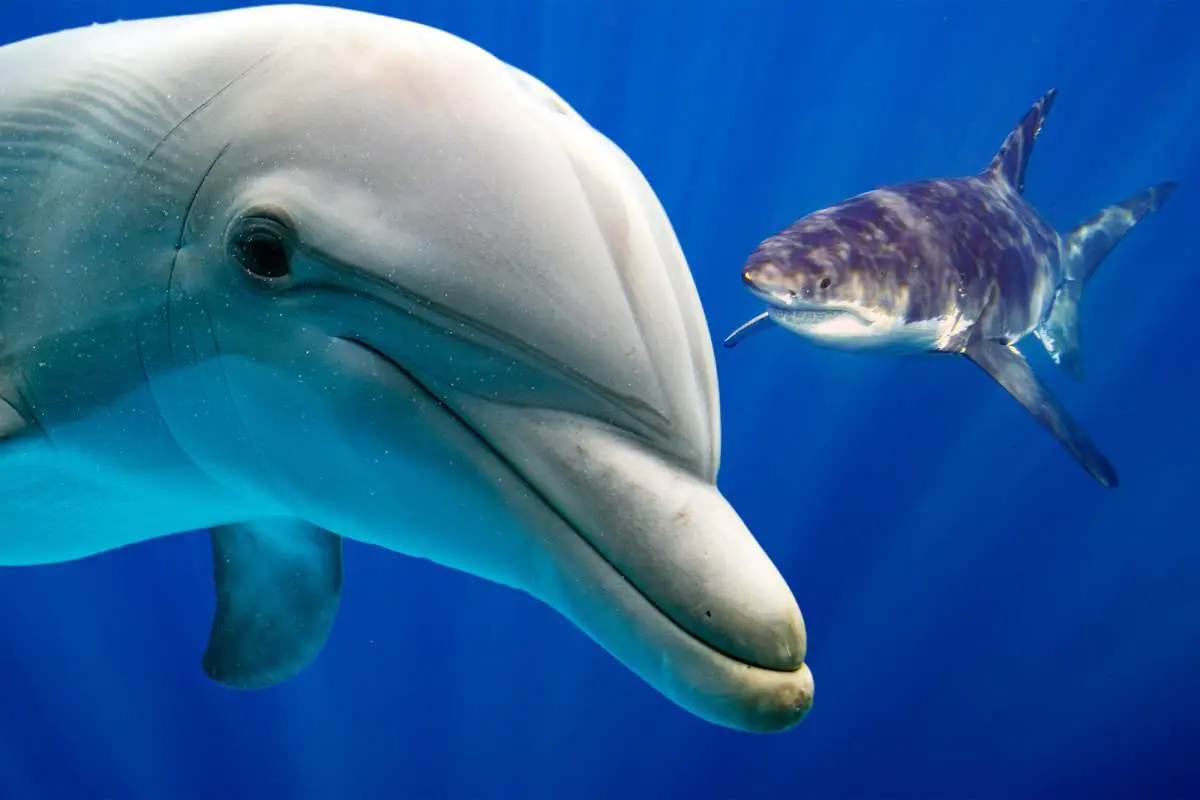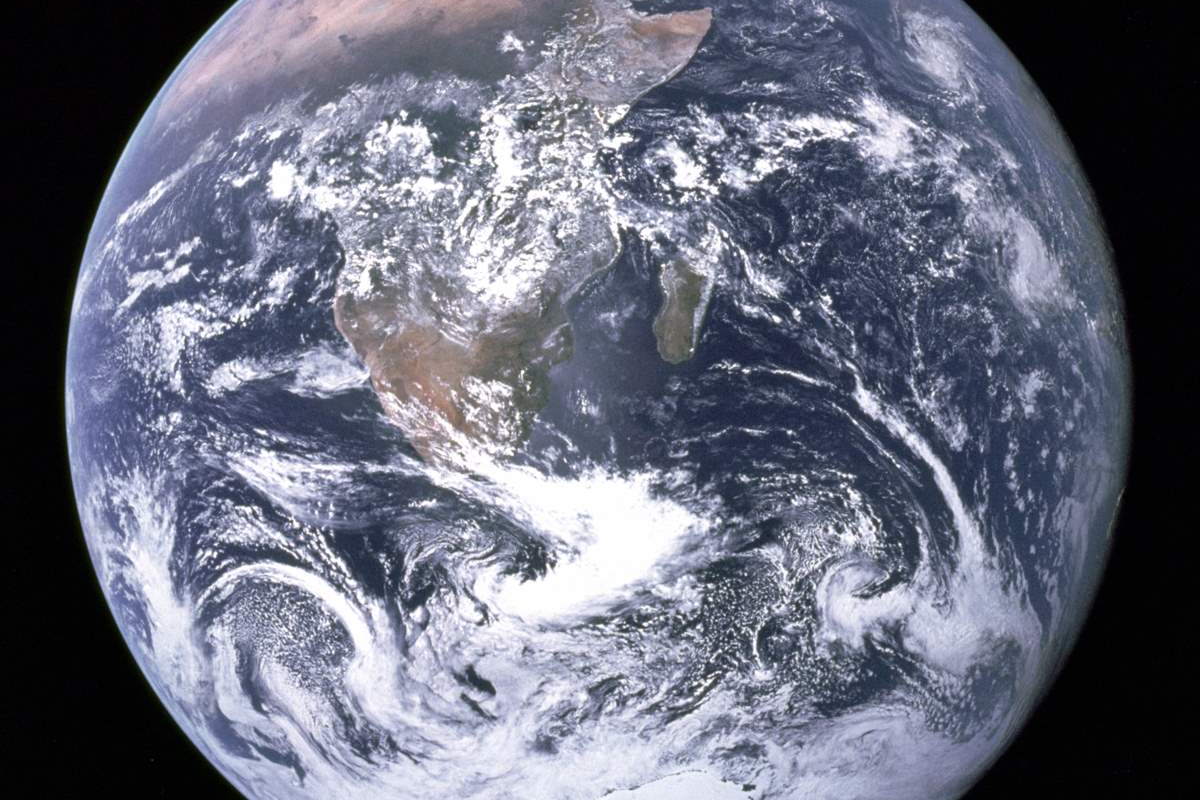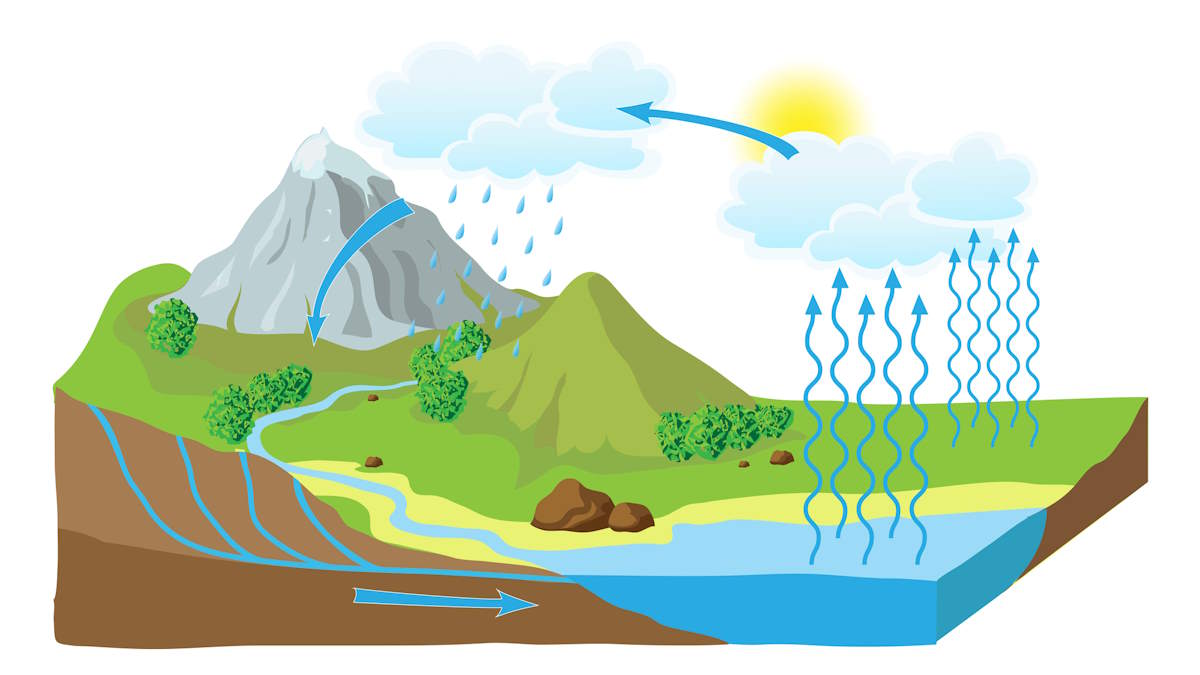The water cycle, also known as the hydrologic cycle, is the continuous process that describes the movement of water on, above, and below the Earth’s surface. It begins with evaporation, where heat from the sun transforms surface water from oceans, lakes, and rivers into water vapor. This vapor rises into the atmosphere, cools, and condenses to form clouds in a process called condensation. Precipitation follows, where water droplets in clouds combine and fall back to Earth as rain, snow, or other forms of precipitation. Some of this water infiltrates the ground, replenishing underground aquifers, while the rest flows into rivers and oceans, restarting the cycle.


